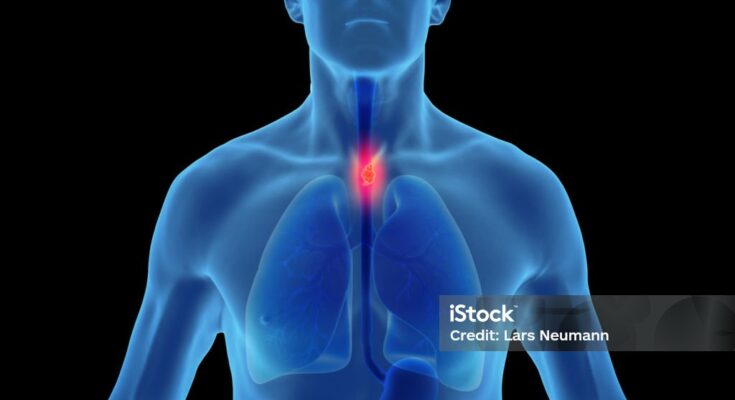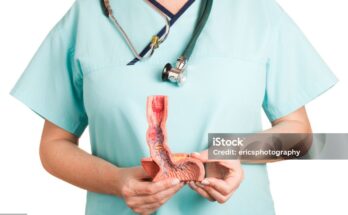Esophageal cancer is a serious, often fatal disease of the esophagus, the tube that carries food from the mouth to the stomach Knowing what causes esophageal cancer and its symptoms can help detect it early and plan effective treatment for it. This article outlines the major contributors to esophageal cancer and its symptoms.
Causes of esophageal cancer
- Age and sex
People 55 years of age and older have the highest incidence of esophageal cancer. It is more common in men than women, although the incidence among women has been increasing
- Tobacco Use:
The use of both smoking and chewing tobacco results in a great increase for the risk of esophageal cancer Tobacco contains multiple different carcinogens that are toxic to a person’s esophageal cells
- Alcohol Consumption:
Heavy consumption of alcohol has an increase of risk, particularly in combination with tobacco use.
- Obesity:
Being overweight or obese increases the risk of gastro esophageal reflux disease (GERD); GERD can also lead to changes in the esophagus which elevate that cancer risk.
- Dietary Factors
Low fruit and vegetable consumption and high intake of processed meats might help raise the risk. Other factors include poor diets, low vitamin and mineral intake and others.
- Dietary Factors
Low fruit and vegetable consumption and high intake of processed meats might help raise the risk. Other factors include poor diets, low vitamin and mineral intake and others.
- Exposure to Certain Chemicals
Long standing exposures that are generally experienced in occupations where rubber and metal are worked on can predispose a person to the illness.
- Family History and Genetics
Other risk factors include experiencing or having had a family history of esophageal cancer, or other hereditary disorders affecting the individual.
- Other Medical Conditions
Some of the diseases that put the patient in a dangerous position for cancer include; achalasia (a disease to do with ability of the esophagus to pass food to the stomach) and Barrett’s esophagus.
Symptoms of Esophageal Cancer
The symptom of early-stage esophageal cancer is not evident much of the time, so diagnosing it might be challenging. However, as the disease progresses, several symptoms may arise:
1. Dysphagia refers to the condition of having problem when swallowing food or liquid.
This is perhaps the most frequent sign of this disease, and patients may develop what could be termed as a choking feeling in the throat or chest.
2.Bleeding
At time, one can have esophageal cancer that results to bleeding causing vomiting of blood or passing black stools.
3.Unexplained Weight Loss
Large unintentional weight loss should raise the clinical suspicion because dysphagia may result in eating less food.
4.Chest Pain or Discomfort
Discomfort in the chest may be a symptom, as the tumor grows it interferes with the proper functioning of the esophagus which may be mistaken for heart complications.
4.Chronic Cough or Hoarseness
Modifications in voice or a continuous cough may occur if the cancer invades nearby structures or the nerves.
5. Indigestion or Heartburn
There are things that, when cannot be cured by regular procedures, make it very necessary to look for other courses of action that show signs of heartburn and or indigestion.
6.Nausea and Vomiting
These symptoms may develop due to delayed passage of food because of the obstruction caused by this tumor.
7.Bleeding
At time, one can have esophageal cancer that results to bleeding causing vomiting of blood or passing black stools.
Conclusion
Esophageal cancer is multifactorial disease dependent on several predisposing factors. Epilepsy like any other afflicting disease has causes and signs that people should be able to discern so that it can be promptly treated. It is therefore crucial to visit a doctor if one or anyone in the household has the following symptoms:- If diagnosed early, the disease can be reversed and death rates cut down.


Thank you for providing me with these article examples. May I ask you a question?
Yes ask me